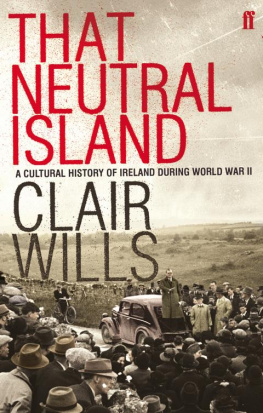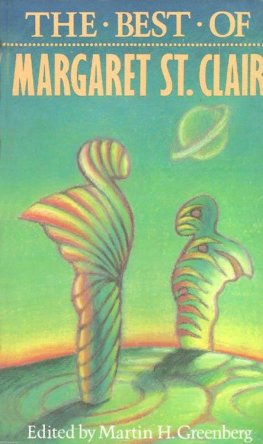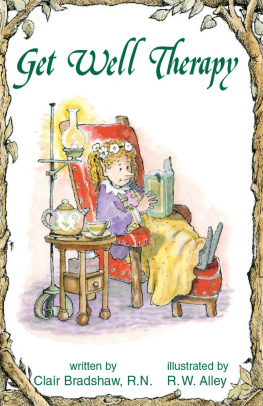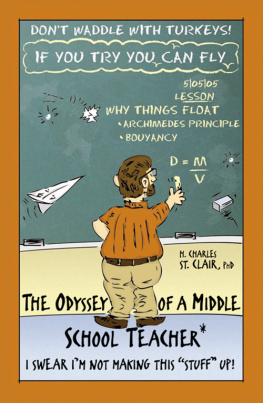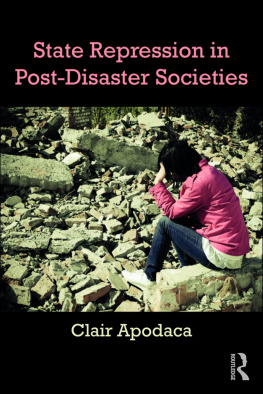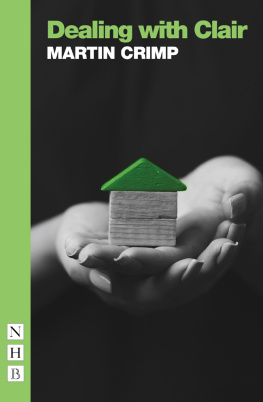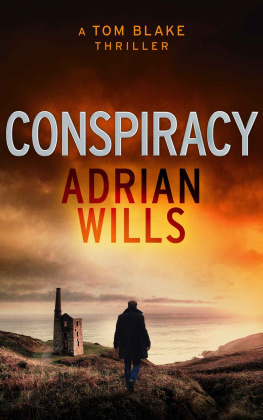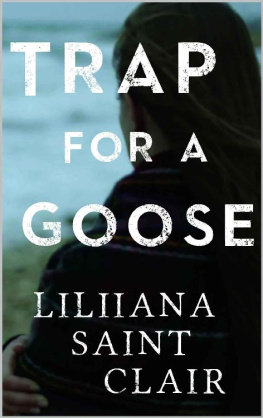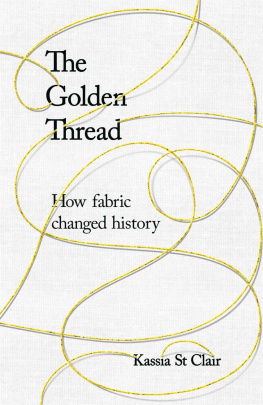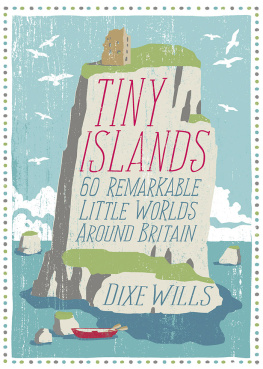Clair Wills - That Neutral Island
Here you can read online Clair Wills - That Neutral Island full text of the book (entire story) in english for free. Download pdf and epub, get meaning, cover and reviews about this ebook. year: 2014, publisher: Faber & Faber, genre: Politics. Description of the work, (preface) as well as reviews are available. Best literature library LitArk.com created for fans of good reading and offers a wide selection of genres:
Romance novel
Science fiction
Adventure
Detective
Science
History
Home and family
Prose
Art
Politics
Computer
Non-fiction
Religion
Business
Children
Humor
Choose a favorite category and find really read worthwhile books. Enjoy immersion in the world of imagination, feel the emotions of the characters or learn something new for yourself, make an fascinating discovery.
- Book:That Neutral Island
- Author:
- Publisher:Faber & Faber
- Genre:
- Year:2014
- Rating:3 / 5
- Favourites:Add to favourites
- Your mark:
- 60
- 1
- 2
- 3
- 4
- 5
That Neutral Island: summary, description and annotation
We offer to read an annotation, description, summary or preface (depends on what the author of the book "That Neutral Island" wrote himself). If you haven't found the necessary information about the book — write in the comments, we will try to find it.
That Neutral Island — read online for free the complete book (whole text) full work
Below is the text of the book, divided by pages. System saving the place of the last page read, allows you to conveniently read the book "That Neutral Island" online for free, without having to search again every time where you left off. Put a bookmark, and you can go to the page where you finished reading at any time.
Font size:
Interval:
Bookmark:

For Philly, Jimmy and Peggy
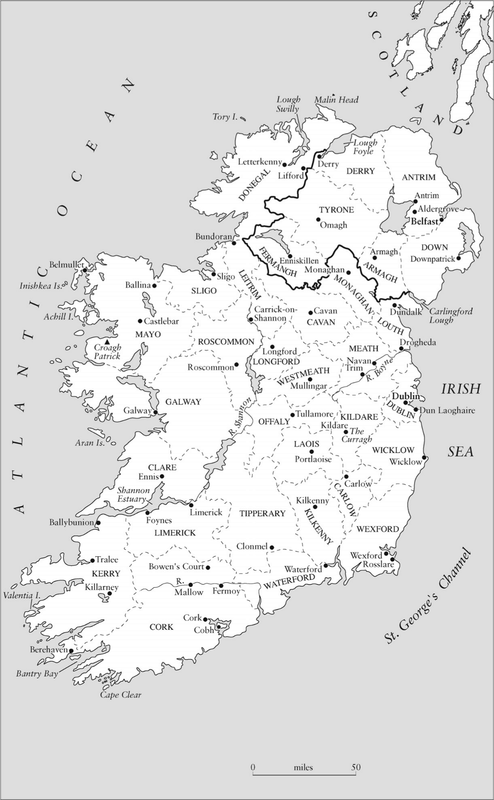
I grew up with stories of the Second World War that stemmed from very different experiences. My mother lived the war years her early teenage years on a small farm in West Cork. In 1934 my grandfather, an agricultural labourer, inherited 300 from an older brother who had emigrated to Chicago some fifty years earlier, where he had done well out of a livery stable. With the money my grandfather bought the house and the thirty-acre farm, previously a tenant-holding on a once large estate, and now in fee to the Land Commission. The familys new, if tenuous, prosperity matched the hopes of the new Ireland of the 1930s. The nationalist Fianna Fil party, which came to power in 1932, was bent on gaining greater political and economic independence from Britain. Along with this went economic independence for Irish citizens, and in particular for the small farmer. The thirty-acre farm thought large enough to maintain a family on the produce and its proceeds was the model on which Fianna Fil hoped to build a new, fair, if frugal, agrarian society. My grandparents large family subsisted, in pretty typical style, as far as possible on their own crops and the small income from the sale of milk, eggs and pigs, boosted by the older childrens earnings. For the boys there was rabbit snaring and seasonal agricultural work for the County Council, on jobs such as ditch clearing and drainage; for the girls, domestic service in the home of the local Minister. Except for the unaccountable fact that my grandfather had been born a Protestant (though he had long since converted), the family came close to embodying the ideal of a self-sufficient, rural, devout and independent Ireland.
Powered by a sense of duty to such people, and to the needs of a young and relatively weak state, the Fianna Fil leader, Eamon de Valera, was determined to keep Ireland out of the war that, by the mid-1930s, was already looming. Disillusioned with the politics of collective security after the failure of the League of Nations, and convinced of the democratic right of small nations to protect themselves from becoming embroiled in the conflicts of the big powers, he was also committed to neutrality for wholly pragmatic reasons. Ireland had a small, ill-equipped army, and few defences. Still only in its second decade of independence, it was a vulnerable state, which could all too easily be swallowed up in a widespread war. The world of the small farmer and the small town, which lay at the heart of de Valeras vision of an independent Ireland, would go with it. In the late 1930s de Valera worked to regain control of Irish defences, bartering for the return, in 1938, of all naval and air facilities still in British hands. And on 3 September 1939, as Britain and France declared war on Germany, the Irish government sealed its commitment to neutrality, passing an Emergency Powers Act, which remained in force until 2 September 1946. Throughout the war years Irelands Taoiseach resisted Churchills and later Roosevelts attempts to encourage, persuade and occasionally bully him into the war; supported by the vast majority of the Irish population, de Valera resolutely kept Ireland out of the conflict.
My mothers principal memories of the Emergency are of shortages, particularly of sugar, tea and flour; of trains on the SkibbereenSchull Light Railway (the tram) running so slowly on inferior fuel that you could climb on and off them as they went uphill; of visits to a pair of relatively well-off elderly Protestant neighbours who owned a working radio; and of making up stories of British successes in the Battle of Britain to tell to her father when she returned home news of British losses was sure to put him in a bad mood. As a schoolgirl her day- to-day lessons, friendships, and fraught relationships with the nuns were no doubt more present to her than the far-off events of the world war. In addition there were domestic chores and jobs on the farm such as drawing water, collecting eggs, feeding the sow and the hens, making butter, going to the creamery. By the blueish light of the paraffin lamp, and sometimes by candlelight, she would reread the stories in the rare copies of Irelands Own, books borrowed from the school library, and the dog-eared romance novels passed from hand to hand. She attended vocational classes in domestic economy organised by the parish priest, where despite the shortages she learnt fancy techniques such as how to make pastry by rubbing the butter into the flour, or how to beat egg whites so stiff you could turn the bowl upside down over your head. Yet elaborate baking at home was impossible; in common with nearly all the other homes nearby, all cooking on the farm was done in the bastable over an open fire.
For her older siblings there were occasional visits to the cinema in the town, more frequent music sessions in neighbours homes, card-playing , Sunday-night patterns, turkey-drives, fair days, dances in the town hall and a round of social activities centred on the local parish church. In many ways, the war years for my mothers family were a continuation of life in the 1930s, with its local focus, its seasonal liturgical ritual, as well as its economic privations. Frugality was the order of the day, and worries about the supply of day-to-day necessities took priority over the seemingly distant war. Even had my mother been interested in the global news she would have found it difficult to follow events. Early on in the war the familys radio became inoperable, due to the difficulty of recharging the wet and dry batteries. They lived too far from the town for daily purchase of a newspaper, and in any event transport difficulties often delayed or cancelled delivery of the Cork Examiner to the smaller market towns. The local weekly paper was true to its type, carrying almost exclusively local news, along with frequent government directives on emergency measures.
My future father, meanwhile, was living out the typical wartime experience of an English youth on the outskirts of London including evacuation to Wales in the early part of the war. Since his father, a hospital clerk, was too old to be conscripted, and he himself was too young (he turned sixteen in the summer of 1945), the family avoided the fears and dangers common to those in the Forces, or with relatives in the Forces (an older brother went into a reserved occupation). But in the row of terraced houses owned by the hospital, in which the family lodged, neighbours received news of the death of relatives. For months at a time the family slept each night in the Anderson shelter in the garden, later migrating to the Morrison shelter under the kitchen table. Towards the end of the war they bedded down in a huge complex of tunnels built into a hill in the grounds of the hospital. Planes from the air force base at Kenley Aerodrome flew low over his school on the South Downs each day, and everywhere there was evidence in bomb damage, troop movements, defence emplacements of a country wholly given over to the war effort.
Life on the British home front was undoubtedly more disrupted and perilous than life in neutral Ireland, but it was also more varied. There were weekly visits to the local British Restaurant for dried egg and chips, in order to eke out the rations, and later youth clubs and dances. As a youngster my father read the Beano and the Dandy, worked his way through the adventure stories in the local library, collected models of the planes droning overhead, listened to music and comedy on the wireless. The technology that made the war so lethal also gave him more freedom as he cadged the occasional ride on the back of a motorbike out into the country, or took the bus every Saturday morning (and later every Saturday night) to the Regal cinema to watch the latest films and Path newsreels.
Font size:
Interval:
Bookmark:
Similar books «That Neutral Island»
Look at similar books to That Neutral Island. We have selected literature similar in name and meaning in the hope of providing readers with more options to find new, interesting, not yet read works.
Discussion, reviews of the book That Neutral Island and just readers' own opinions. Leave your comments, write what you think about the work, its meaning or the main characters. Specify what exactly you liked and what you didn't like, and why you think so.

